
Horrifying simulation shows life-threatening impact of drinking too much water and how it can lead to death
These simulations, tragic stories, and medical data remind us that moderation matters.
Cancer remains one of the world’s most pressing health challenges, consistently ranking among the leading causes of death globally. While many treatments have focused on destroying tumors outright, scientists are beginning to explore a radically different approach: keeping cancer cells dormant - effectively turning cancer into a manageable, non-aggressive condition.
In a groundbreaking study published in 2021, researchers uncovered a surprising agent in this strategy: collagen. Specifically, a type of collagen known as type III collagen appears to play a crucial role in keeping cancer cells in a dormant state, halting their growth and spread. This discovery may pave the way for revolutionary cancer treatments that don’t just eliminate cancer, but render it inactive indefinitely.
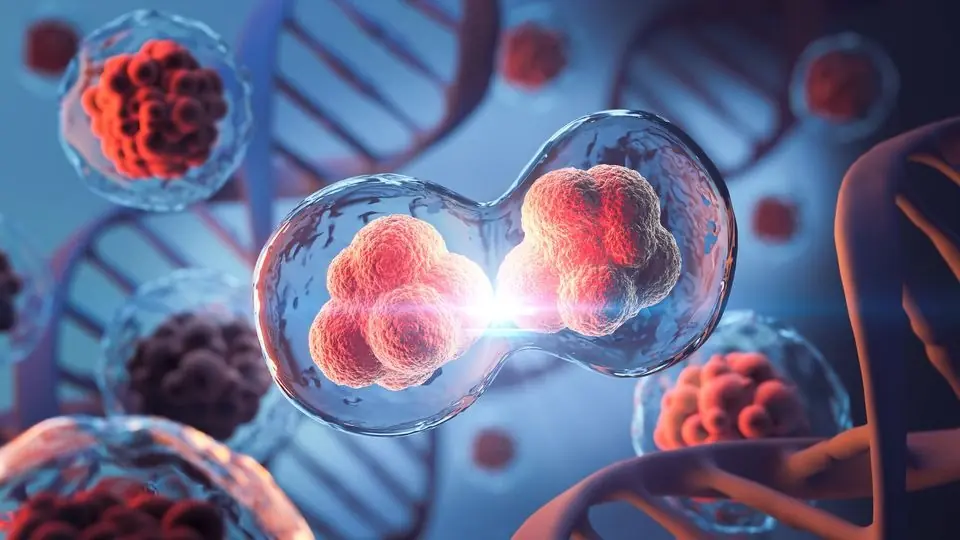
The Surprising Role of Collagen in Cancer Dormancy
Collagen is best known for its role in skin elasticity, joint support, and connective tissue structure, but its function in cancer biology is only beginning to be understood. Researchers studying patients with head and neck cancer observed a distinct pattern: tumors that had not spread to lymph nodes were surrounded by higher levels of type III collagen, while those that had metastasized had noticeably less of this collagen nearby.
The implication? Type III collagen may help keep cancer cells “asleep.” According to the researchers, “Essentially, this type III collagen keeps the cancer cells dormant. When that collagen decreases, the cancer then becomes active.”
To dig deeper, scientists developed mouse models to observe how collagen influenced cancer cell behavior in real-time. Using advanced microscopy, they found that as collagen levels surrounding the tumors declined, dormant cancer cells reactivated, becoming mobile and invasive once again.
This confirmed a critical mechanism: collagen creates a biochemical environment that suppresses tumor growth, and its degradation could be a trigger for metastatic spread.
Understanding the Mechanism: How Collagen Induces Dormancy
Collagen interacts with cancer cells through what scientists call signaling pathways - networks of biochemical signals that influence cell behavior. In its protective role, type III collagen alters the tumor microenvironment to suppress proliferation.
In their studies, researchers found that when collagen became more linear and less wavy, it changed the chemical signals cancer cells received, essentially telling them to remain inactive. “When they disrupt this process, the cancer also becomes active yet again,” the researchers noted.
In addition to suppressing movement, the collagen scaffold appears to prevent cancer cells from forming blood vessels, a critical step required for tumor expansion. Without the infrastructure to support growth, cancer remains in a latent state.

Implications for Cancer Treatment: A Shift in Strategy
The implications of this discovery could be transformative. Rather than focusing solely on killing cancer cells - a strategy that often leads to collateral damage in healthy tissues - future therapies may focus on maintaining dormancy indefinitely, converting cancer into a chronic but manageable condition.
In their study, researchers experimented with collagen scaffolds, synthetic implants made of type III collagen placed at tumor sites. These scaffolds significantly reduced cancer spread, suggesting the potential for implantable therapies that stabilize dormant cancer.
Furthermore, scientists now believe collagen levels around a tumor could serve as a biomarker, helping oncologists predict whether a cancer is likely to spread or remain dormant. This could dramatically improve prognosis and enable more personalized treatment plans.
From Mice to Humans: The Road Ahead
While the findings in mice were remarkable - scientists were able to maintain dormancy in 80% of cases - the question remains: will this work in humans?
“As the biology of tumor dormancy gets uncovered and new specific drugs are developed, a combination of dormancy-inducing treatments with therapies that specifically target dormant cells will ultimately prevent local recurrence and metastasis and pave the way to cancer remission,” said Dr. Jose Javier Bravo-Cordero, senior author of the study.
Dr. Bravo-Cordero added: “Our findings have potential clinical implications and may lead to a novel biomarker to predict tumor recurrences, as well as a therapeutic intervention to reduce local and distant relapses.”
However, researchers caution that human biology is far more complex than mouse models. The variability in human immune responses, tumor types, and genetic profiles makes it challenging to predict how well collagen-based therapies will perform in clinical settings.
That said, this line of research represents a promising new frontier in oncology - one that could ultimately prevent cancer from ever waking up again.
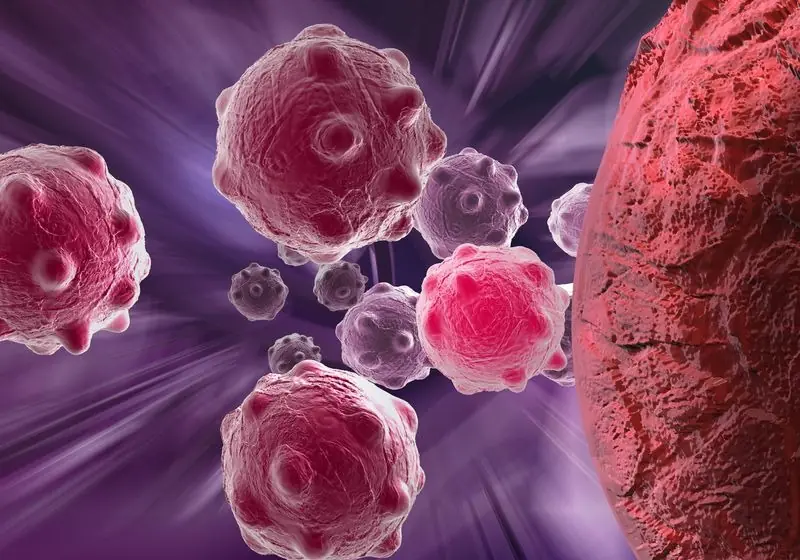
Collagen for Health: Can You Boost It Naturally?
While scientists investigate therapeutic uses of collagen, many are wondering: can increasing collagen intake help support overall health - or even assist the body in cancer prevention?
Although more research is needed to understand collagen’s role in cancer regulation in humans, there's no doubt that collagen is vital for skin, joints, bones, and connective tissue. Here are practical ways to maintain healthy collagen levels:
Daily Collagen-Boosting Tips
Choosing the Right Collagen Supplement
With countless collagen powders on the market, here’s how to pick the right one:

The Future: Dormancy as a New Cancer Paradigm
Traditional cancer therapies focus on elimination - chemotherapy, radiation, and surgery aim to destroy every cancer cell. But this new research suggests another way: containment. By keeping cancer cells dormant using agents like collagen, it may be possible to prevent metastasis without aggressive treatment, sparing patients from harsh side effects and increasing long-term survival.
This could also lead to combination therapies: using drugs to reinforce collagen’s dormancy effect, or developing synthetic matrices that replicate collagen’s unique microenvironmental control.
The path forward includes:
“This intervention aimed at preventing the awakening of dormant cells has been suggested as a therapeutic strategy to prevent metastatic outgrowth,” emphasized Dr. Bravo-Cordero.
Final Thoughts
Though collagen has long been celebrated in the world of skincare and joint health, its emerging role in cancer treatment could reshape oncology as we know it. With promising results in preclinical trials and a growing understanding of the tumor microenvironment, type III collagen may become a key player in the fight against cancer - not by eradicating it, but by keeping it permanently asleep.
As research continues, collagen-based interventions could unlock safer, longer-lasting, and less invasive treatment options for millions around the world.

These simulations, tragic stories, and medical data remind us that moderation matters.


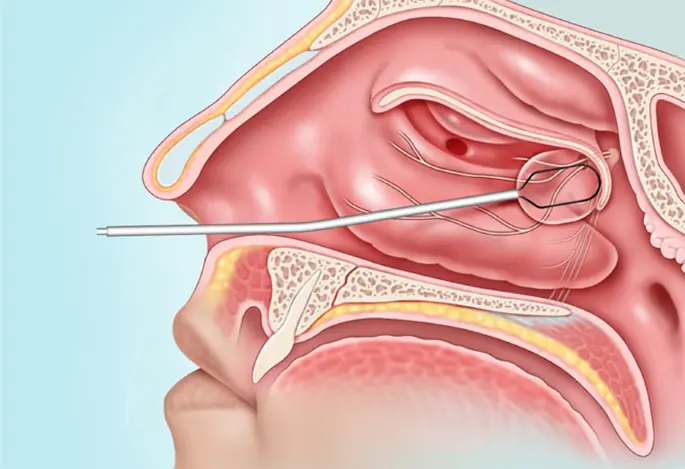

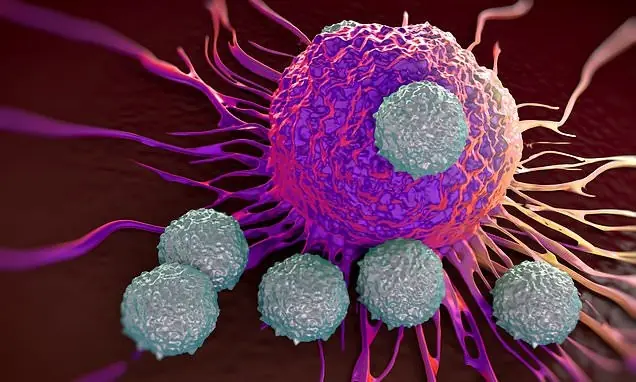




If fluoride is removed from water supplies without viable alternatives in place, millions of Americans-especially children-may suffer the consequences in the form of increased cavities, dental pain, and long-term health impacts.
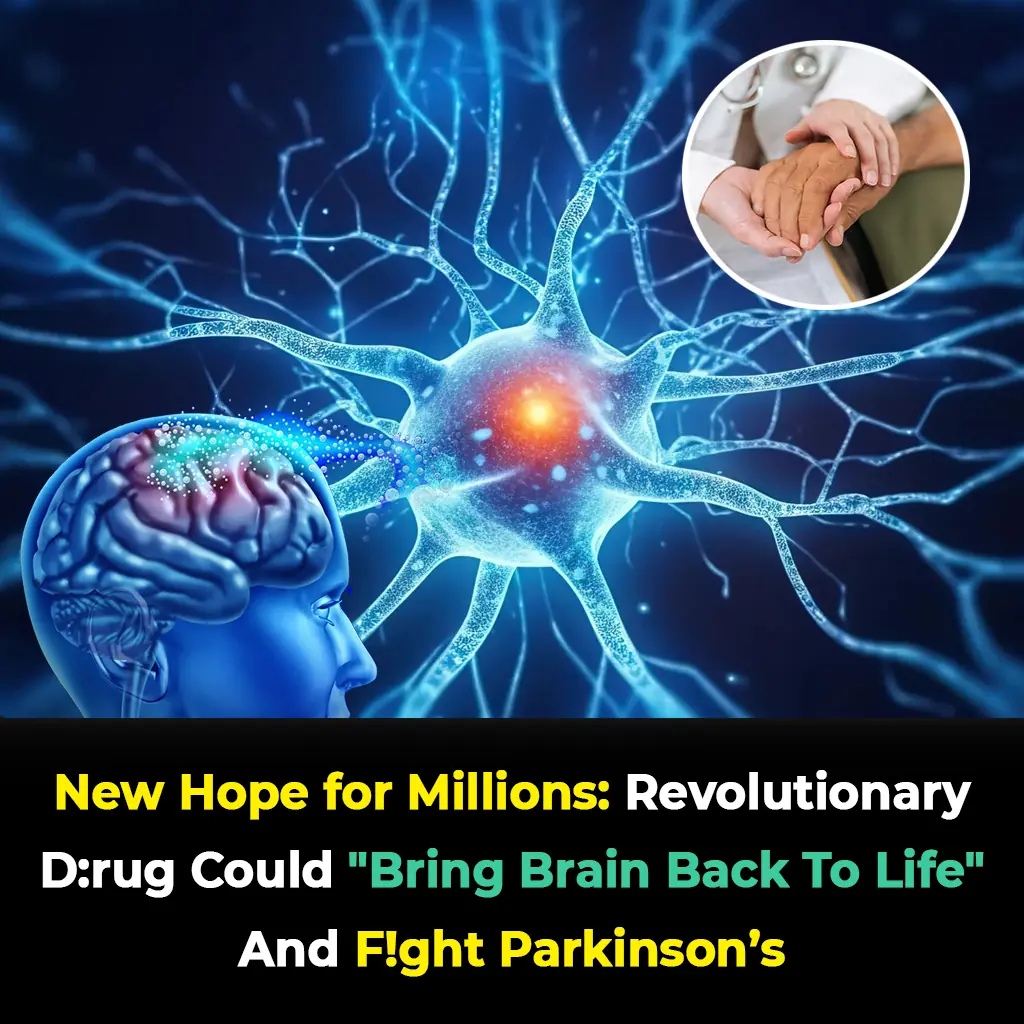
This new development is part of a broader shift in how scientists approach neurological diseases. Instead of focusing solely on halting degeneration, researchers are increasingly exploring neuroregeneration - ways to repair or replace damaged cells and re

The idea that mild hunger might optimize the sleeping brain’s rhythm is both surprising and deeply intriguing.








Despite being out of school, he remains optimistic about the future. With growing venture capital support and rising user demand, Cluely may be on track to become a key player in the next wave of controversial tech startups.



By understanding this parasite, improving detection, and emphasizing prevention, we can mitigate these risks

Victoria’s story transcends the ordinary—she experienced clinical death, returned with clarity, and then learned of a rare genetic disease that nearly killed her again. Yet today, she thrives.

Nina thought she knew everything about Andrei, but when she discovered his secretive behavior, doubts began to creep in. After a series of expensive surprises and mysterious encounters, Nina’s curiosity led her to uncover the truth about Andrei’s doub

Diana always felt she had been exceptionally fortunate. Raised in a family of entrepreneurs, she had everything she needed and more.

Mikhail woke up suddenly, drenched in cold sweat. That same cursed dream again. It had once been rare, but now it was a constant presence in his nights.

After years of frustration and emotional turmoil, Oleg finds himself facing a harsh reality: the woman he once loved has moved on, flourishing without him. When they unexpectedly cross paths again, Oleg is confronted with the woman he never expected to se

I had been there for my mother every step of the way, caring for her through her final days, giving up everything to ensure she wasn’t alone. Yet, when the will was read, I found myself with nothing. The betrayal stung, but the truth behind her decision

When Maria overhears a mysterious conversation between her husband and mother-in-law, she discovers a torn document that leads to an unexpected revelation. Struggling with cancer and fearing betrayal, Maria is about to uncover something that will change e

When Ellie loses her father, she expects to face grief, not betrayal. Kicked out of her childhood home by a woman who never truly accepted her, Ellie makes one desperate call. But what she gets on the other end isn’t sympathy—it's a revelation. The ne

You know that feeling when someone treats you like you're invisible? I'm Diana, and I spent three months being treated as though I were an invisible maid in my own home. My adult stepdaughter, Kayla, left trash everywhere and acted like it was my job to c


These simulations, tragic stories, and medical data remind us that moderation matters.



